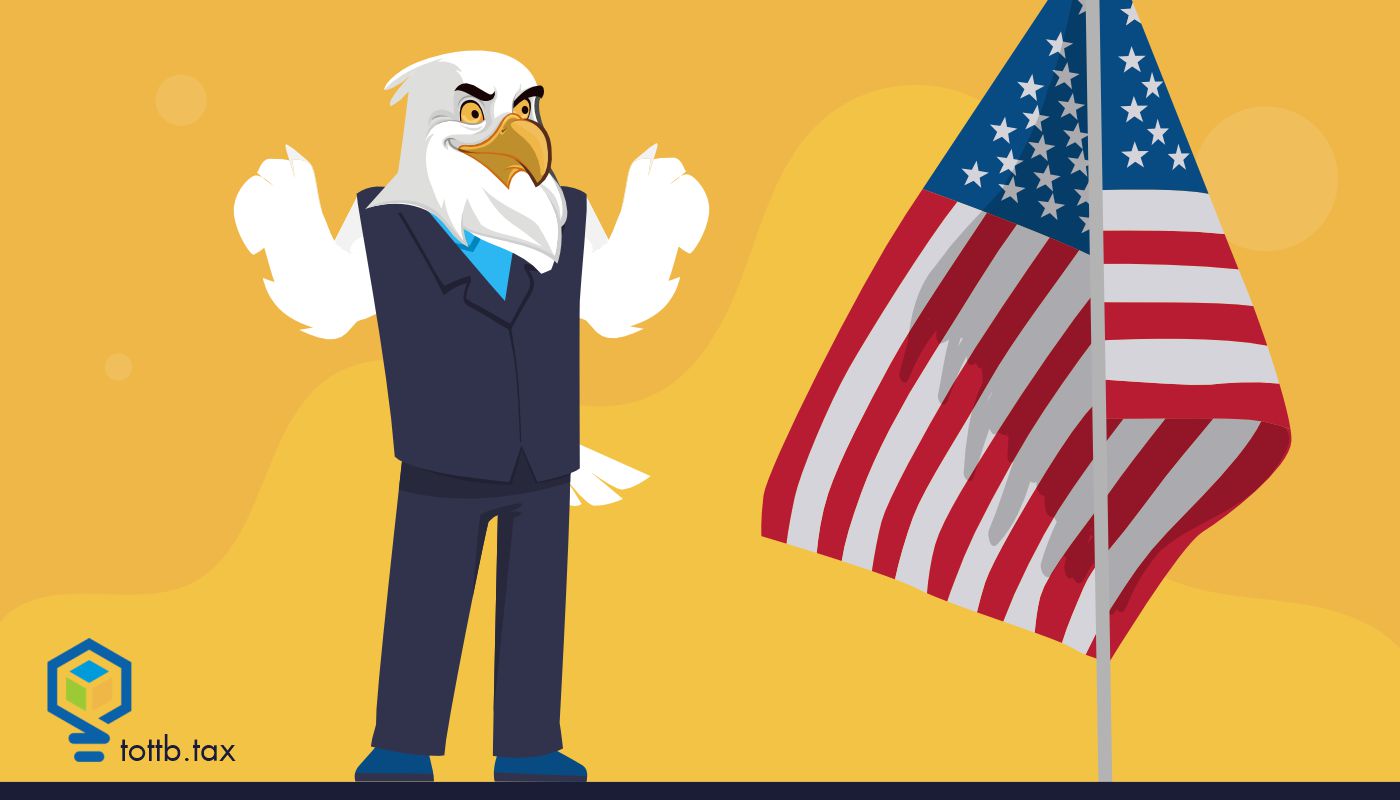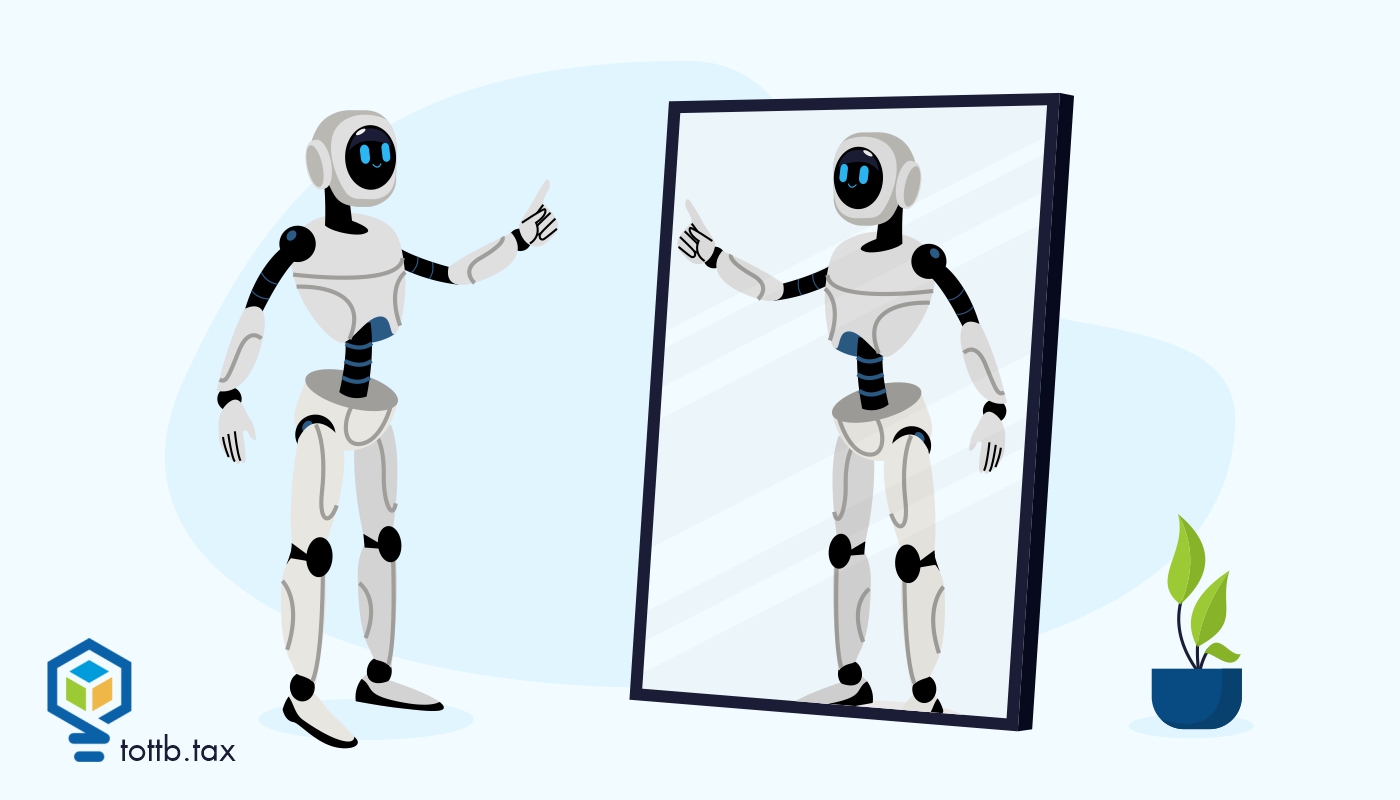In the AI era, especially with tools like GPT, plagiarism isn't just copying another's work, but also presenting AI-generated content as one's unique thought without understanding or modifying its output. It's about intent and attribution. If someone blindly takes an AI's output and presents it as their own, especially in professional or academic settings, it can be considered a form of plagiarism. For certified tax planners, understanding and addressing this nuanced form of plagiarism is crucial for maintaining professional integrity and credibility.

The Think Outside the Tax Box OBBBA Quick Reference Guide
The One Big Beautiful Bill Act (OBBBA) marks the most sweeping overhaul of the tax code since 2017, reshaping rules across personal and business income, education, healthcare, and credits. To help you stay ahead of the curve, Think Outside the Tax Box is proud to share our Quick Reference Guide, designed to keep you and your clients informed, prepared, and proactive.





